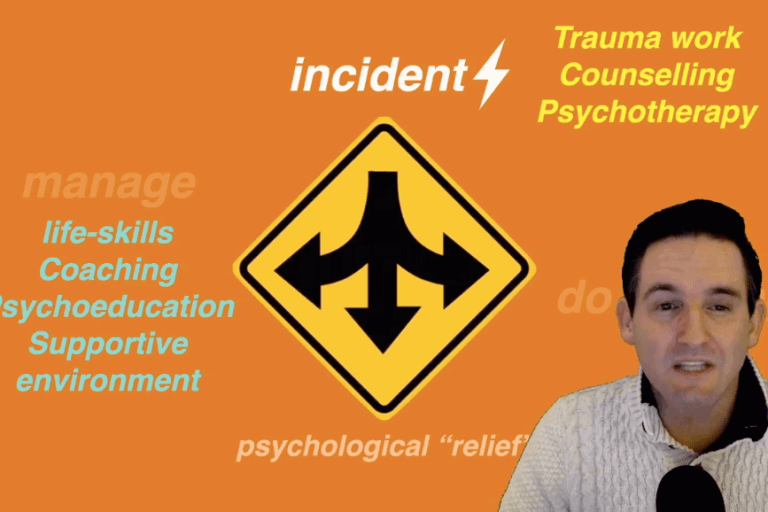Fear, helplessness, sadness, guilt, responsibility, isolation, betrayal, anger, flashbacks. Sexual abuse has severe repercussions which can be extremely difficult to deal with, understand and get help for.
Sexual abuse is a traumatic experience that can have long-term consequences for victims. The emotional, psychological, and physical scars left behind can be difficult to heal, but with the right support and treatment, it is possible to overcome the trauma.
Sexual abuse can take many forms, including unwanted sexual comments or touching, as well as rape. Sexual abuse, in whatever form it takes, can be devastating to its victims. Some symptoms of sexual abuse in children and adults include a withdrawal from social activities, changes in eating or sleeping habits, increased anxiety or fear, depression or mood swings, difficulty trusting others, low self-esteem or self-harm and suicidal thoughts.
Recovering from sexual abuse can be a long and difficult process, but there are resources to assist victims.
- Contacting a therapist or counselor who specializes in sexual abuse trauma
- Joining a support group for sexual abuse survivors
- Seeking medical attention to address any physical injuries or illnesses resulting from the abuse
- Reporting the abuse to the authorities, if appropriate
It is important to remember that healing from sexual abuse takes time and effort, but with the right support, it is possible to overcome the trauma.
Treatment for Sexual Abuse Trauma
The treatment for sexual abuse trauma may differ depending on the severity of the abuse and the victim’s needs. Among the treatment options for sexual abuse trauma are:
- Cognitive-behavioral therapy (CBT) to help victims identify and change negative thought patterns related to the abuse
- Eye movement desensitization and reprocessing (EMDR) to help victims process and overcome traumatic memories
- Medication, such as antidepressants, to help manage symptoms of depression and anxiety
- Alternative therapies, such as yoga or meditation, to help reduce stress and promote relaxation
Victims must prioritise self-care and develop healthy coping mechanisms to manage their emotions and mental health in addition to seeking treatment for sexual abuse trauma.
Recovering from sexual abuse can be a long and difficult process, but with the right support and treatment, it is possible to overcome the trauma. Victims of sexual abuse can move forward and reclaim their lives by seeking help, developing healthy coping mechanisms, and prioritising self-care.
Gain access to the full trauma survivor series featuring answers to questions on how you can move forward from traumatic life circumstances such as rape trauma and or other adverse childhood experiences.
Explore The Exclusive Trauma Survival Series Here or contact the trauma centre in Johannesburg : +27 81 444 7000 for more information on dealing with child and adult sexual abuse.
If you found this video to be helpful please feel free to have look at our treatment centre blog for similar articles such as understanding complex trauma, recognising complex childhood trauma, emotional neglect with children, adult survivors of sexual abuse, causes of PTSD, childhood attachment trauma, family treatment, cognitive thinking skills, dealing with anxiety, ACT Therapy, repressing childhood memories and adult children of substance abusers.






